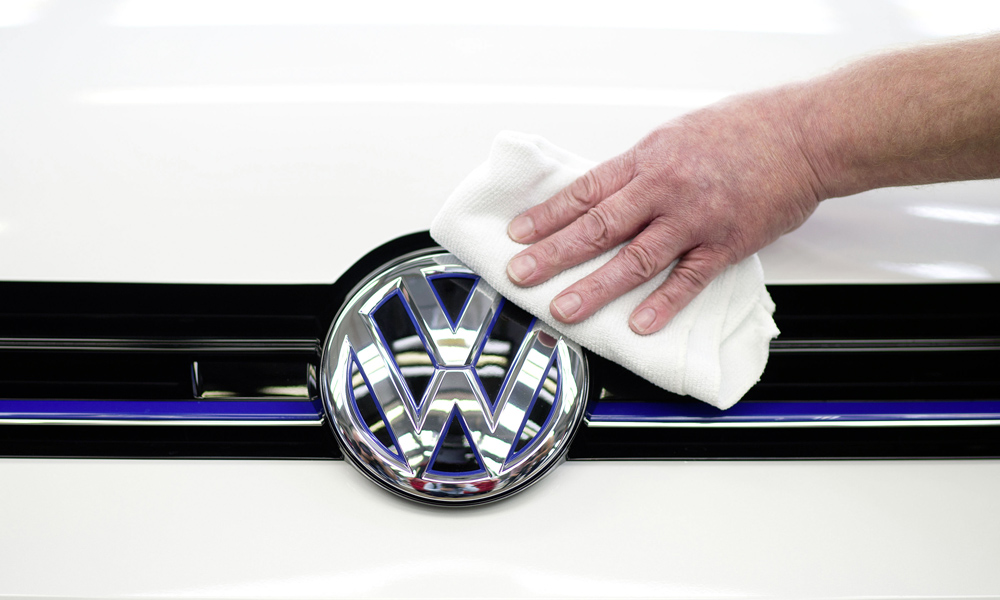
We have a Ford Ranger 2,2-litre turbodiesel bakkie in our fleet, which was bought in December last year. In the same month we complained that the Ranger smoked excessively and took it to a Ford dealer, whose staff fiddled with the computer settings, but to no avail. The vehicle performs well, but the fuel consumption is higher than we expected. At the (15 000 km) first service we complained again about the excessive smoke, but again the diagnostic checks and software update failed to cure the problem. This was again the case when the vehicle underwent its 30 000 km service. What bothers me is that the technicians seem to have no intention of using tools to check the exhaust gas recirculation valve, fuel pump or injectors? I cannot take the vehicle to an independent specialist as this action will void the warranty on the vehicle.
What can be done to fix this embarrassing problem?
ALAN RAATH
East London
Answer: Remember that normal diesel combustion will result in some particulate emissions, and in the case where no diesel particulate filter (DPF) is fitted (as with our local Ford Rangers), one can expect some to be emitted by the exhaust. Excessive black smoke, however is normally caused by heavy particulate emissions pointing to an imbalance between the fuelling and the available oxygen during combustion. Although diesel engines mostly run with excess air available for combustion, there are high-load regions where the oxygen can be limited if there is an issue with any of the following:
• Exhaust gas recirculation (EGR) valve stuck or faulty;
• Clogged air filter;
• Mass airflow sensor problem;
• Injector issue;
• Fuel pressure issue;
• Turbo not supplying enough boost;
Doing a diagnostic check on the vehicle sensors is a good place to start – the on-board diagnostic (OBD) system should log a fault code relating to a relevant component if there is a problem. There are some simple tests to conduct to check some of the abovementioned causes. The EGR valve can be disconnected (and even blanked off) to see the problem goes away, fuel pressure can be measured and boost pressure monitored, for example. Given your vehicle’s low mileage, we doubt that the injectors are at fault, but for peace of mind a flow test on a bench will show up any abnormalities. We propose you return the vehicle
to the dealership and request that they get their hands dirty!




